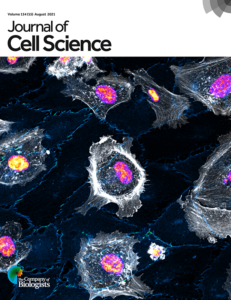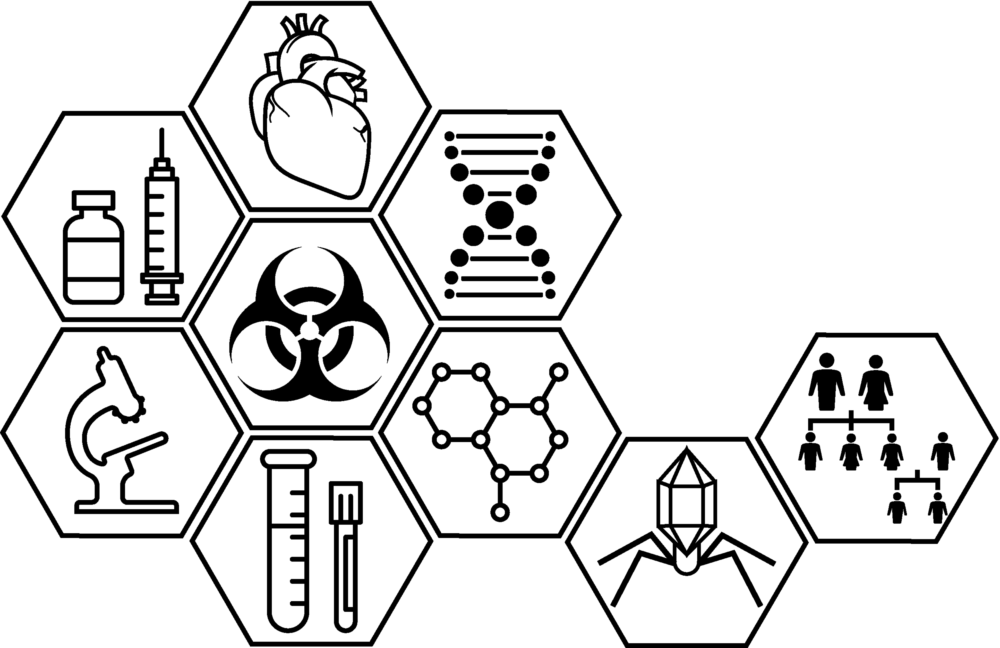There are several full-time research positions available for enthusiastic science graduates to undertake a 1 year Master’s in Science by Research. Projects are available in cancer biology, microbiology, immunology, and ageing fields. Courses start in October, February, and June. Please get in contact for further information.
Available Now: Master’s by Research Position for 2022
Featured
Project Title: Can exercise induce anti-cancer effects?
Overview: Come and join our team for an exciting research project examining the protective effects of exercise against cancer that recently featured in The Times (Can exercise slow down cancer? | Times2 | The Times)!
Together with colleagues at Newcastle University, our preliminary study found that only serum collected from men (with colorectal cancer risk factors) who completed a single session of acute exercise (https://clinicaltrials.gov/ct2/show/NCT04057274) inhibited the growth of colorectal cancer cells. This work is currently under review at the prestigious International Journal of Cancer.
However, this work was only performed on cancer cells growing in 2D (two dimensional) culture conditions. Recent evidence has shown culturing cancer cells as 3D organoids is more representative of the tissue conditions experienced by cells within a tumour. The current project will use 3D organoid culture models to assess the anti-cancer effects of exercise on tumour growth. The identification of new anti-cancer molecules released during acute exercise could be used to optimise exercise-based rehabilitation programmes for cancer patients.
Aim: To develop a 3D organoid model for screening participant serum to identify new exercise-induced anti-cancer molecules.
Research Question: Can we translate our previous findings from 2D cell culture models into a 3D organoid system and identify new anti-cancer molecules from participants blood?
Contact: If you would like to be involved in an exercise-cancer prevention clinical trial at YSJU or would like further information about the project and how to apply, please contact Dr Owen Kavanagh (o.kavanagh@yorksj.ac.uk).
Note: As this position is part-funded by YSJU, the successful applicant must be in post by February 2022.
Research Training Positions Available for October and February Starts
Featured
We routinely offer two Master’s by Research (MSc) positions each October and February within the DDaP group. These are either 1-year full-time or 2-year part-time research opportunities and include full access to the York St John University postgraduate training programme.
For more information on current projects and relevant contact details, see the links below.
Awarding of a Nuffield Research Placement Provider Badge
DDaP researchers have been awarded a STEM badge to recognise their efforts as a valued Nuffield Research Placement Provider. For the past 4 years, the DDaP academic Dr Adam Odell and the Biosciences department at YSJU have hosted biomedical research placements (both virtually and in person). These have provided unique opportunities for 8 secondary students from disadvantaged backgrounds to gain valuable research experience. Our badge can be found here:
Congratulations to our first MRes graduate!
We have recently celebrated the successful completion of the first Master’s by Research student from the DDaP group. Congratulation to Emma Thomas and her supervisors, Dr Owen Kavanagh and Dr Jim Taylor, for producing an excellent study into the relationship between perfectionism and salivary biomarkers of stress in newly qualified teachers. May Emma be the first of many.
New Research on Breast Cancer Metastasis Published
Recently, work partly conducted within the Bioscience laboratories at YSJU by Dr Adam Odell was published in the prestigious international journal, Journal of Cell Science. This was the result of a collaboration with the Leeds Institute of Medical Research (LIMR) at St. James’s Hospital, University of Leeds. This research established an important role for a membrane protein, CD99, in restraining the migration and invasion of triple negative breast cancer cells. The work was also chosen as the cover image of the issue, which also included an interview with the first author and former PhD student, Dr Aarren Mannion.
Read all about it here.

Research Position 2 (MRes): Genotoxic or anti-cancer properties of Pseudomonas aeruginosa pyocyanin?
Background
The opportunistic pathogen Pseudomonas aeruginosa is ubiquitous within the environment and frequently associated with nosocomial infections. This organism is a dangerous pathogen for vulnerable patient groups such as haematological malignancies, ventilator-assisted, burns and cystic fibrosis, causing life-threatening infections. The success of this pathogen is attributed to a host of different virulence factors, such as pyocyanin (PCN), a secreted phenazine compound involved in biofilm formation in the human lung. PCN triggers pro-inflammatory activity, induces neutrophil apoptosis, and has been shown to block wound healing by promoting oxidative stress conditions and p38 mitogen-activated protein (MAPK) pathway in infected tissues. This redox-active tricyclic zwitterion compound can directly oxidize reduced NAD(P)H to produce superoxide anions and reactive oxygen species (ROS) which can damage lipids, proteins, and DNA. These events might also be anti-tumorigenic in cancer cells but tumourigenic in normal cells.
Aim
The aim of this study is to investigate a) the genotoxic impact on normal healthy cells, b) the potential of PCN to act on cancer cells, c) whether selective apoptosis inducers like resveratrol or inhibitors of survival pathways involving NFkB and PI3K/Akt can modulate the cellular impact of PCN.
Research question
What is the impact of pyocyanin on healthy and cancer cells?
For more information or to discuss this project further, please contact either Dr Adi Baumgartner (a.baumgartner@yorksj.ac.uk) or Dr Claire Wright (c.wright@yorksj.ac.uk)
Research Position 1 (MRes): Exosome-induced dysregulation of redox homeostasis in cancer cells
Aim
The aim of this collaborative study with the University of Bradford is to investigate a) whether an increase of thiols in melanoma cells by MSC-derived exosomes is triggered by an increase in GSH via up-regulation of NRF2, b) whether these cells are viable over time as tumourigenesis is driven by high levels of oxidative stress, c) whether they are now vulnerable to selective apoptosis inducers like resveratrol or inhibitors of survival pathways involving NFkB and PI3K/Akt or NOX inhibitors.
Research question
Can a combined treatment with human cord blood-derived stem cell (CBSC) exosomes and apoptosis inducers / survival factor inhibitors be used to selectively kill melanoma cells?
For further information about the project and how to apply please contact Dr Adi Baumgartner (a.baumgartner@yorksj.ac.uk)
